
 HarperCollins Publishers
HarperCollins Publishers
Westerhill Road
Bishopbriggs
Glasgow
G64 2QT First edition 2011 Reprint 10 9 8 7 6 5 4 3 2 1 0 HarperCollins Publishers 2011 EPUB Edition July 2011 ISBN 978-0-00-744466-3 Collins is a registered trademark of HarperCollins Publishers Limited www.collinslanguage.com A catalogue record for this book is available from the British Library Typeset by Davidson Publishing Solutions, Glasgow Printed in Great Britain by Clays Ltd, St Ives plc All rights reserved under International and Pan-American Copyright Conventions. By payment of the required fees, you have been granted the non-exclusive, non-transferable right to access and read the text of this e-book on screen. No part of this text may be reproduced, transmitted, downloaded, decompiled, reverse engineered, or stored in or introduced into any information storage and retrieval system, in any form or by any means, whether electronic or mechanical, now known or hereinafter invented, without the express written permission of HarperCollins. Entered words that we have reason to believe constitute trademarks have been designated as such. However, neither the presence nor absence of such designation should be regarded as affecting the legal status of any trademark. HarperCollins does not warrant that www.collinsdictionary.com, www.collinslanguage.com or any other website mentioned in this title will be provided uninterrupted, that any website will be error free, that defects will be corrected, or that the website or the server that makes it available are free of viruses or bugs.
For full terms and conditions please refer to the site terms provided on the website. Editorial staffAmerican English consultant: Orin Hargraves Editor: Penny Hands For the publisher:
Duncan Black
Lucy Cooper
Kerry Ferguson
Elaine Higgleton
Lisa Sutherland Collins Websters Easy Learning Grammar and Punctuation is suitable for everyone studying English, and for students interested in the English language and how it works. The book gives clear explanations of the most important, frequent, and typical points of English grammar and punctuation, as well as providing the terminology needed to describe it. The book begins with an outline of all parts of speech, and their structure and uses. All the main tenses of English are explained, with emphasis on their function in everyday English. Next, different types of sentence and clause are examined, with attention given to such structures as question forms, conditionals, and reported speech.
Finally, a guide to punctuation gives students clear and up-to-date information on topics such as the apostrophe, capital letters, and the period. Collins focus on real English underpins our approach. The Collins Corpus is a 4 billion-word database of up-to-date English from thousands of spoken and written sources including everyday conversations, formal spoken English, newspapers, fiction, and blogs. The corpus is at the heart of each grammar item, helping us make confident and accurate decisions about how English grammar works in todays world. Explanations are fully illustrated with examples that remain close to the corpus, occasionally with minor changes to avoid distracting or unhelpful elements. Finally, we use our extensive experience in language teaching and learning to identify typical problems that students experience with the English language.
Many of the most common errors have been noted and highlighted, with tips given to help learners avoid them. These include such issues as misuse of the apostrophe, overuse of exclamation points, and the mistaken use of important words. We hope you will find Collins Websters Easy Learning Grammar and Punctuation a valuable resource, both in the classroom and for personal reference. Penny Hands, 2011
contents
THE VERB PHRASETHE NOUN PHRASEDETERMINERS AND ADJECTIVESADVERBIALSPRONOUNSPREPOSITIONSWORD ORDER; DECLARATIVE, INTERROGATIVE AND IMPERATIVE STATEMENTSCLAUSESPUNCTUATIONGrammar
Parts of speech
Sentences are made up of
words. A sentence can be made up of any number of words.
I can help you.Can I help you?Grammar describes how we put words together.
I can help you.Can I help you?Grammar describes how we put words together.
Each word in a sentence belongs to a particular set or class, depending on how it is used. These classes are called parts of speech. All sentences begin with a capital letter and end in either a period, a question mark, or an exclamation point. When we talk about these marks, e.g., commas, semicolons, periods, parentheses, and so on, we are talking about punctuation. The term clause is used to describe a group of words that contains a verb, the subject of that verb, and, often, some other words such as an object. I can help you if you will let me. Whenever you need to talk to someone, just drop in and see if Im here. Whenever you need to talk to someone, just drop in and see if Im here.
Many sentences are made up of a single clause. Single clause sentences are called simple sentences. He arrived on Friday.My brother loves his skateboard. A clause always contains a verb.
A sentence, however, does not always have to be a clause. See p.
Certainly not.Until tomorrow then.Yes.Why? A
phrase is just a
group of words.
Certainly not.Until tomorrow then.Yes.Why? A
phrase is just a
group of words.
The term is usually kept for words that go together naturally. the other daymy friend Hankin spite ofover the hillwould have been walking Many words can refer to one thing only or to more than one. We use the terms singular and plural for this. A more general term is number. Pronouns and nouns can be singular or plural in grammatical number. See p..
When we want to identify the speaker or the person spoken about in grammar, we use first person to mean the speaker, second person to mean the person who is spoken to, and third person to mean the person who is spoken about. For example, we talk about first person plural or third person singular.
| singular | plural |
1st person pronoun
2nd person pronoun
3rd person pronoun | I
you
he, she, it | we
you
they |
| nouns | the man
a girl | the man
two girls |
A
verb tells us about an action or a state of being. Ordinary verbs are called
main verbs.
Next page
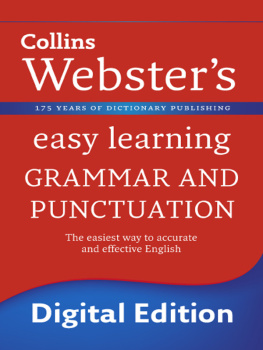


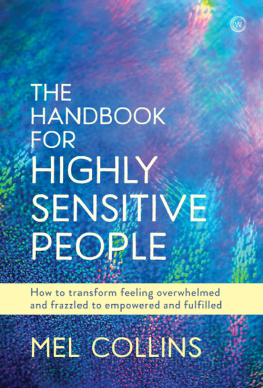
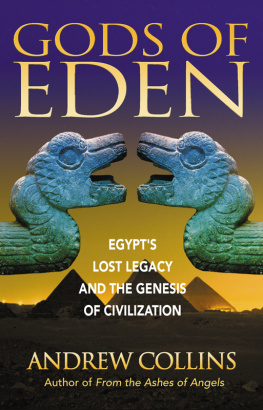


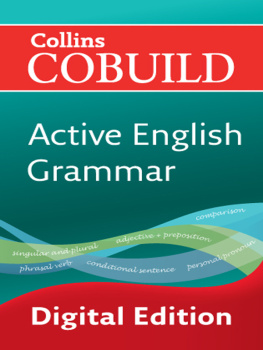
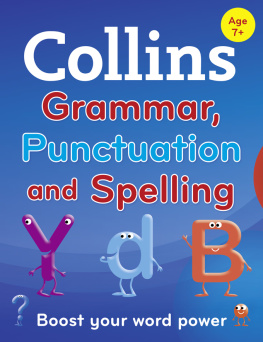
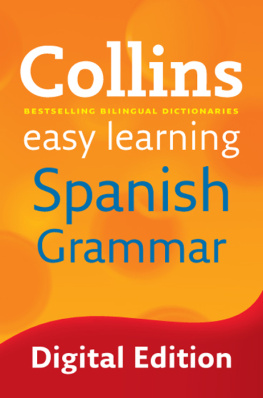
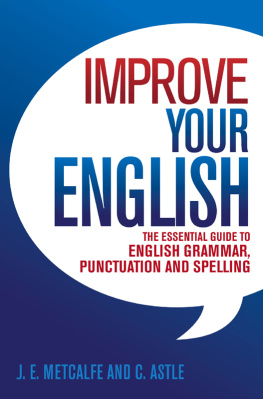
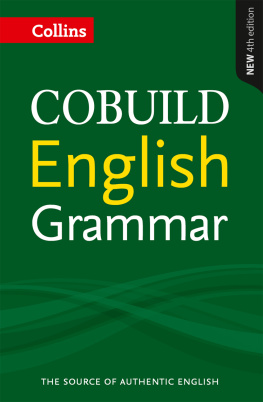
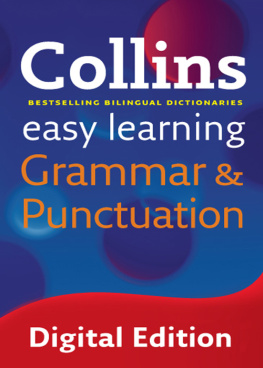
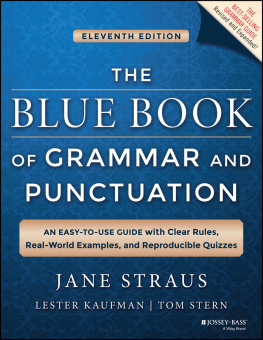

 HarperCollins Publishers
HarperCollins Publishers